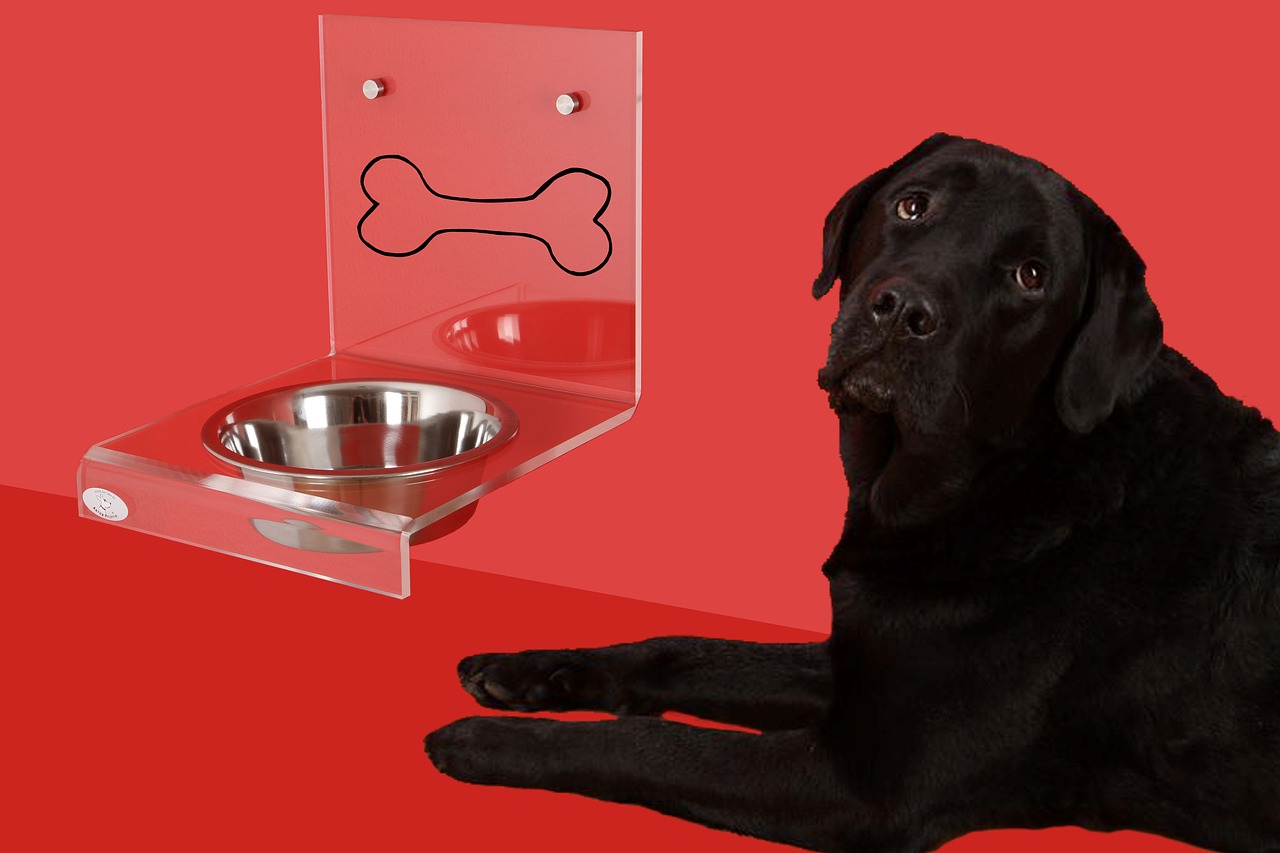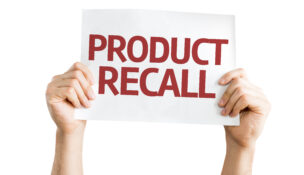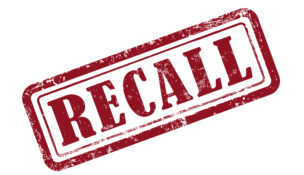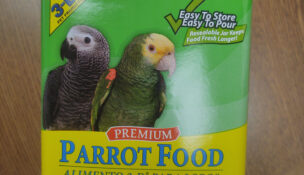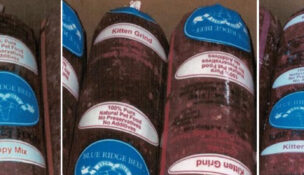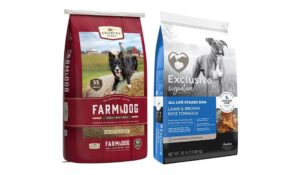FDA Warning on Lot of Hare Today Gone Tomorrow
Pet Age Staff //January 25, 2019//
The following warning announcement was posted on FDA’s site on January 23. Attempts to speak with a representative were unsuccessful.
The U.S. Food and Drug Administration is cautioning pet owners not to feed Hare Today Gone Tomorrow Ground Chicken/Bones/Organs, lot 12.04.2018, after a sample of the product collected by the FDA tested positive for salmonella and Listeria monocytogenes (L. mono). The product is available in four sizes and varieties, all with the processing date of 12.04.2018 on the back of the bag:
- Ground Chicken/Bones/Organs, 1lb, Fine Ground
- Ground Chicken/Bones/Organs, 2lb, Fine Ground
- Ground Chicken/Bones/Organs, 3lb, Coarse Ground
- Ground Chicken/Bones/Organs, 5lb, Fine Ground
The FDA collected this sample while following up on a consumer complaint in which a kitten became sick with Salmonella after eating the recalled product. The specific lot of Hare Today Gone Tomorrow Ground Chicken/Bones/Organs that the sick kitten ate was not available for testing. The FDA collected samples from lot 12.04.2018, which tested positive for both salmonella and L. mono. Although the salmonella isolated from the feces of the sick kitten did not match the strain found in the product sample, Federal law requires that all pet food not be contaminated with pathogens, including salmonella and L. mono, because of the potential impact on human and animal health.
The FDA is issuing this alert because Hare Today Gone Tomorrow Ground Chicken/Bones/Organs, lot 12.04.2018, represents a serious threat to human and animal health and is adulterated under the Federal Food, Drug, and Cosmetic Act because it contains salmonella and L. mono. The FDA continues to work with Hare Today Gone Tomorrow on recalling its Ground Chicken/Bones/Organs, lot 12.04.2018.
If you have Hare Today Gone Tomorrow Ground Chicken/Bones/Organs, lot 12.04.2018, stop feeding it to your pets and throw it away in a secure container where other animals, including wildlife, cannot access it. Consumers who have had this product in their homes should clean refrigerators/freezers where the product was stored and clean and disinfect all bowls, utensils, food prep surfaces, pet bedding, toys, floors, and any other surfaces that the food or pet may have had contact with. Clean up the pet’s feces in yards or parks where people or other animals may become exposed.
People who think their pets have become ill after consuming contaminated pet food should first contact their veterinarians. Veterinarians who wish to have pets tested for salmonella may do so through the Vet-LIRN Network if the pet is from a household with a person infected with salmonella. Veterinarians who wish to have pets tested for other pathogens when there is an associated human case may also contact Vet-LIRN.
